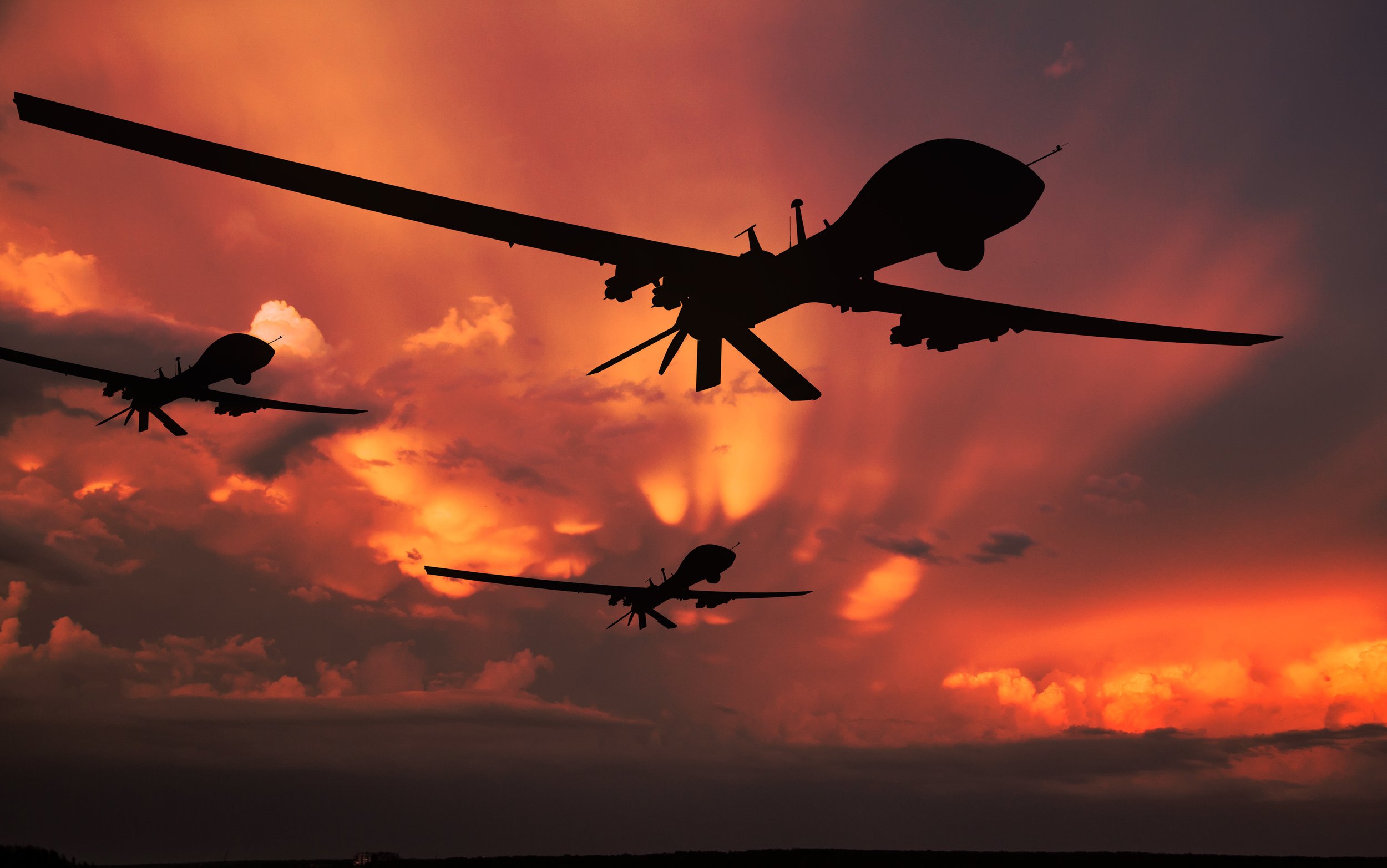Not at any other time in the 21st century has the average American kept up less with the Global War on Terror, and now three presidents later, the questions of legality, productivity, and collateral damage remain as unanswered as they’ve ever been.
Over the last 15 months, the number of US drone strikes in Yemen and Somalia has increased greatly compared to the first half of the Biden Administration. On March 1st, AFP reported that local government sources in the Yemeni province of Marib said a US drone strike had killed the al-Qaeda leader Hamad bin Hamoud al-Tamimi, a “judge” of a sort-of “leadership council”.
This came about a month after similar sources reported 3 supposed al-Qaeda fighters killed in a US drone strike in the same province.
Regarding the latter, the 3 men were killed in a car. Evidence at the scene let two experts tracking the US drone warfare program believe it was an R9X Hellfire missile—an expensive and sophisticated bomb typically reserved for “high-value targets”.
“The R9X is for high-value target killing and we don’t have any [sic] ’Who is this guy, why does he merit this now?’” said David Sterman, a senior policy analyst at the Washington-based think tank New America, which for years has tracked US drone strikes in Yemen. “If it is a US strike, it raises substantial questions about what is the state of the US drone war in Yemen”.
Drones haven’t been in the news as much as they were when former-President Donald Trump substantially downgraded the required authority to launch one from the theater commander, who needed the White House’s permission under the Obama Administration, to officers on the ground.
Only recently did Joe Biden’s administration even establish a policy for their use, long after he had used them to supposedly kill al-Qaeda founder Ayman al-Zawahiri last August, and 10 innocent children and men in Kabul the August before that.
Luke Hartig, the former Director for Counterterrorism at the National Security Council, and former Dept. Director for Counterterrorism under the Sect. of Defense, is one of the only minds in America still actively criticizing drone policy from inside the establishment.
Writing at Just Security, he took a look at Biden’s policy and wrote:
“…the new policy leaves much necessary business undone. How the administration interprets key legal and policy concepts around direct action compared to international allies remains hotly disputed. The faithful execution of the policy by the military – particularly how it seeks to prevent civilian casualties and how it investigates civilian casualty incidents – requires much more work. The transparency agenda is stalled, and much of the “war on terror” remains shrouded in secrecy.”
For the American people, questions of whether al-Qaeda poses a real threat from the faraway reaches of Yemen, the poorest country in the Arab world, what there is to be gained from hunting these people down, whether civilians are being killed during these strikes, and whether a drone is the best tool to fight al-Qaeda, not only go unanswered, but entirely unasked.





